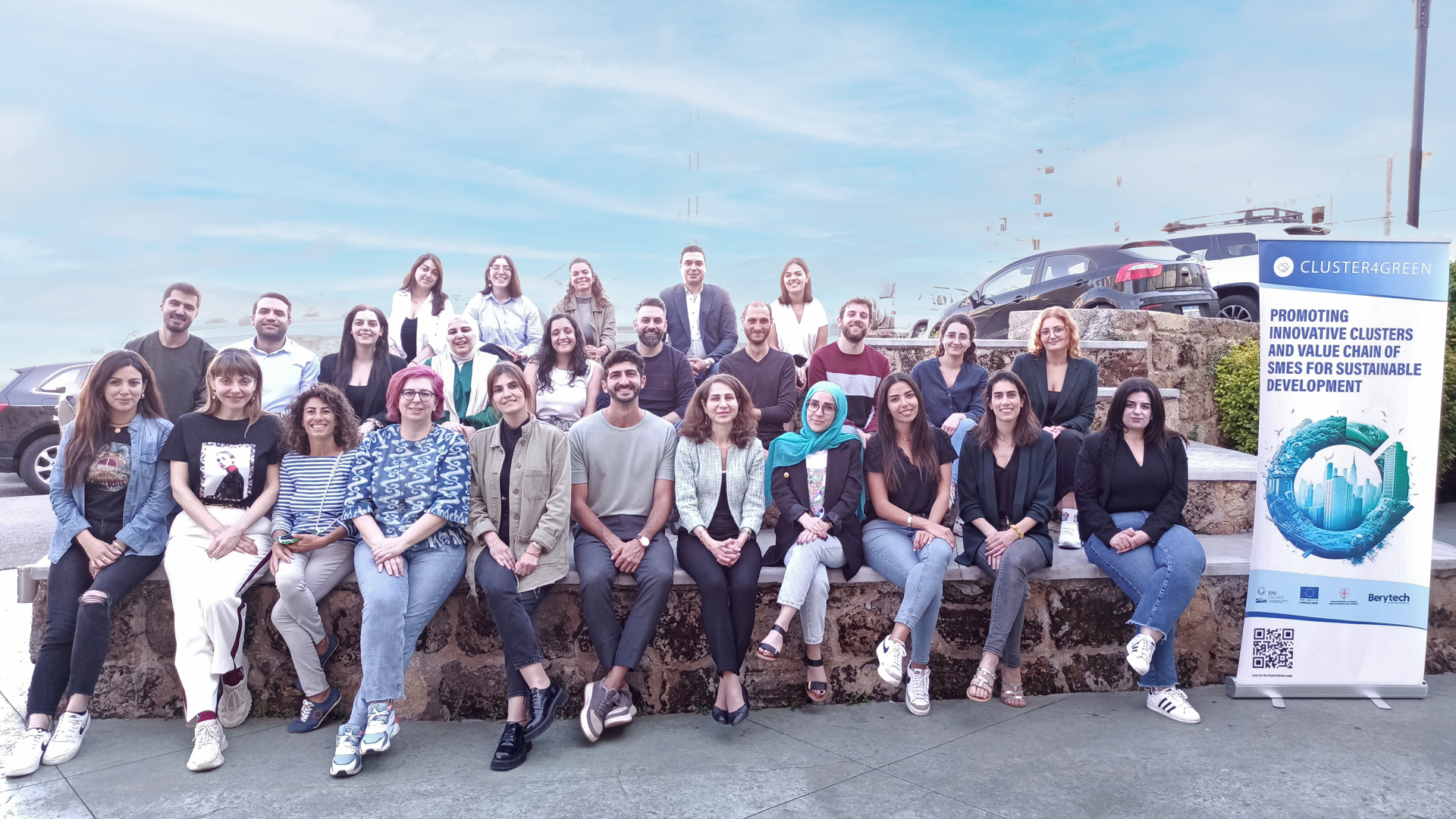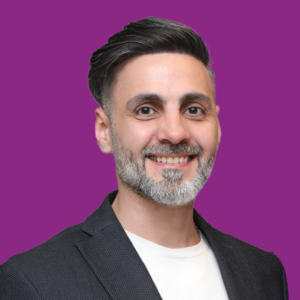Circular economy is an economic model that promotes a regenerative approach to resource management by keeping materials in use for as long as possible. This model is gaining popularity worldwide due to its numerous benefits, including reduced waste generation, lower greenhouse gas emissions, and enhanced resource efficiency. However, for businesses, transitioning to a circular economy requires significant changes in business practices and models.
To support stakeholders in the transition to a circular economy, John Rbeiz, an engineer, entrepreneur, and coach, delivered a two-day workshop titled “Training of Trainers.” The workshop aimed to equip trainers, facilitators, policymakers, coaches, academics, and other stakeholders with skills and competencies relating to circular business design and its implementation in practice.
On Day 1 of the workshop, John introduced the concept of the circular economy and discussed circular business models and strategies. The second half of the day focused on business design tools and methods, and the Embrace Toolkit was introduced. On Day 2, John explained the process of defining waste, identifying circular opportunities, ecosystem mapping, and evaluating the proposal.
The workshop concluded with prototyping the circular business model by completing the Eco-Business Model Canvas and defining a circular transformation roadmap. John also discussed the content and physical vs. digital tools of the Embrace Toolkit and provided final recommendations towards circularity.
In summary, the Training of Trainers workshop by John Rbeiz provided participants with valuable insights into the circular economy, circular business models and strategies, and business design tools and methods. Participants also learned how to use the Embrace Toolkit to implement circular business practices to be able to train entrepreneurs, SMEs, etc. The workshop is a great resource for those who want to learn more about circular economy and how to implement it in practice.
About CLUSTER4GREEN
The creation of economic opportunities through the promotion and development of the Mediterranean circular economy is the essence of CLUSTER4GREEN. In a vast part of the region, the leverage potential of the circular economy is still lagging, deeply affecting the capacity of green sectors to generate wealth and jobs. CLUSTER4GREEN will take on the legacy of several previous projects that paved the way for the adoption of sustainable models of development based on the circular concept in industries like textile, building, or smart cities.
The objective of this program is to support MSMEs in adopting circular economy innovation processes and establishing national and international consolidated collaboration agreements including building Public-Private Partnerships.
CLUSTER4GREEN is an EU-funded project under the ENI-CBC Med Programme, and its geographic coverage is as follows: Italy, France, Spain, Egypt, Tunisia, Lebanon, Jordan










